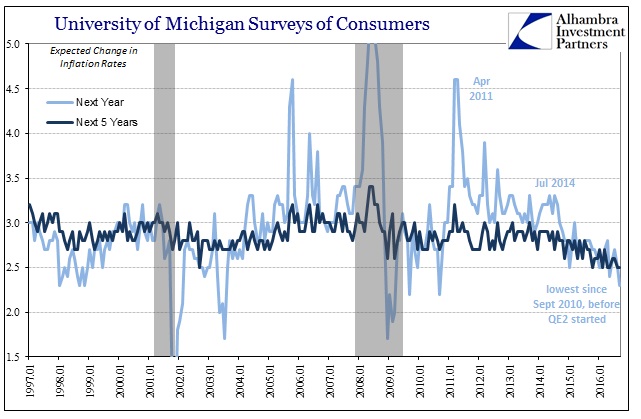Why Nations Fail is the title of the lavishly praised recent book by two academics: Daron Acemoglu (MIT) and James Robinson (Harvard). It is impressive if only on account of its range, ambition and incredibly rich historical examples. Its topic, the subject of many inquiries on political economy, it is also the kind that sells books — especially when it comes with a presumptuous title.
Among others, not too long ago, Jared Diamond made a small fortune with his Guns, Germs and Steel, despite the gross charlatanism. As to why some countries are rich and some are poor, Diamond’s answer was geography. His arguments were ingenious but wrong. On the other hand, Acemoglu and Robinson argue that the answer is politics or, rather, the presence of political institutions, that is (in their view), property rights, economic freedom, equality before the law, the sanctity of contracts and so forth. They argue that the free markets are insufficient on their own to make a difference. If an economy is to prosper, they suggest, governments are the only ones who can and must supply such institutional advantages.
Sadly, the authors’ enormous and ambitious undertaking ends up with answers that confuse cause and effect — an elementary but common intellectual trap. Political correctness avoids a crucial and necessary component in the understanding of economic development: inequality. Not only are we born unequal in every respect but we do tend to labor with unequal effort, objectives and time preference. We seek to alleviate the gap in wealth that separates rich and poor without the understanding that such division is a historic and long-standing problem.
In the pursuit of wealth, failure or success are ultimately determined from within, not imposed from outside.
So writes David S. Landes, a Harvard historian whose striking and iconoclastic 1998 magnum opus The Wealth and Poverty of Nations remains my favorite on the subject.
If we learn anything from the history of economic development, it is that while many have become rich over time, the security and permanence of wealth in a society is a function of the appropriate cultural traits.
Reviewing the book for the New York Times in 1998, Andrew Porter summarizes Landes’s thesis on prosperity as
the product of a society that had developed a sense of national cohesion; a capacity to compete; a respect for, and a concern to impart, empirical and technical knowledge; and a preference for advancement by merit or competence.
Such a society’s members
had the ability not just to acquire but to use money, they respected honesty, and their institutions provided security both for property and for enjoyment of the rewards of labor or enterprise.
That is, as he argues, government is the result of a culture and not the source of its traits.
To gain a meaningful understanding of the political and economic issues that dominate the news, whether in Greece, Spain, Germany, Europe in general or, by inference and reflection, even the United States, one ought to start with political economy and history. Only as a start, we have two recommendations:
- David S. Landes, The Wealth and Poverty of Nations: Why Some Are So Rich and Some So Poor (W. W. Norton & Co, 1999). It is in stock at Amazon.com.
- Erik von Kuehnelt-Leddihn, The Intelligent American’s Guide to Europe (Arlington House, 1979). Unfortunately, this book is out of print and difficult to find.
This article was previously published in Edelweiss Journal, Issue 7 (26 June 2012)



The theories advanced by Joseph Tainter in his book, The Collapse of Complex Societies, Cambridge University Press, New York, 1988; approach the issue from a different perspective than Landes or Diamond. He explains the various attempts at explanations of the failure of the western Roman empire and others and then presents his own, at some point in the evolution of a society, continued investment in complexity as a problem-solving strategy yields a declining marginal return.
Those with a grasp of the concept of marginal utility will have no problem understanding Tainter’s argument.
The Tainter book is a brilliant summation of the underlying mechanism that is the destroyer of civilisations. He focuses on the intrinsic problem of over-complexity as a drag on all societies and economic systems. In essence, all human endeavour solves problems by specialisation (or, in his term complexity) and while this has positive returns at first, with mounting over-complexity it becomes entropic where the marginal returns decline and eventually become negative. At that point it makes economic sense to ‘collapse’ back to a simpler way of doing things. Free markets punish over-complexity as a misallocation of energy.
In a free market system this is called a correction and, afterwards, growth can resume. In a system run by government, collapse is resisted with ever greater doses of over-complexity thus building massive marginal negative returns that can only be supported temporarily by fake assets – until the eventual precipitation of devastating collapse.
No prizes for guessing where we are on that trajectory!
It seems to me these books all suffer some sort of survivorship bias, “we have BLANK and the others don’t…” and are premised on a false dilemma, this nation or that. How about “no nation?” This begs the question “who is the cop?” What the law merchant, canon law and gypsy law and so many others demonstrate, systems that make submission to authority voluntary work quite well, and are still standing after the fall of the history book writers.